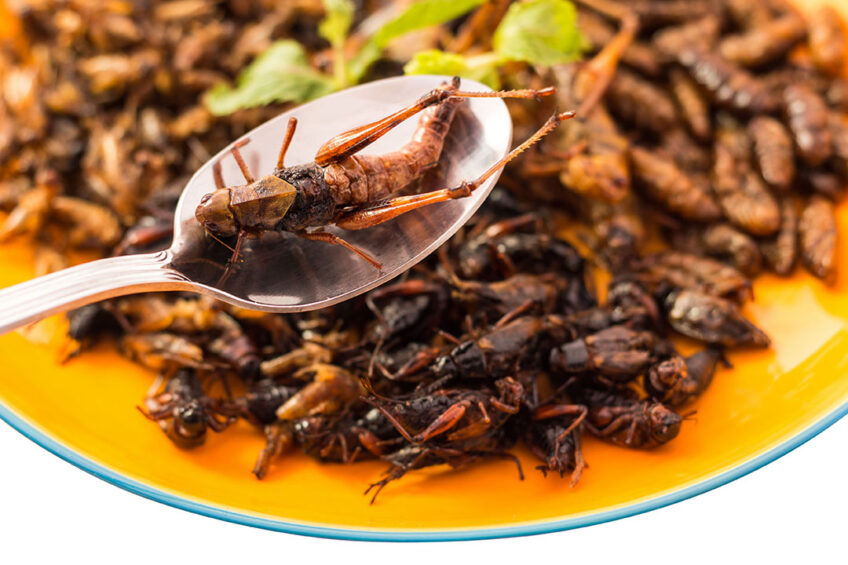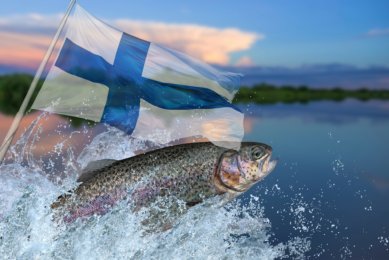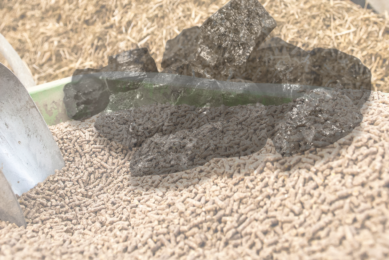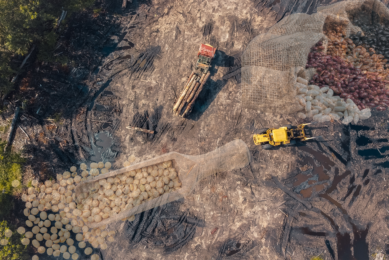Singapore: Is insect farming for animal feed set to fly?

Insects grown on farms in Singapore could be making their way into animal feed or on local food menus following a relaxation of rules.
The Singapore Food Agency (SFA) said last week that it had received interest from insect-food products or farming companies enquiring about the use of insects for food or animal feed.
In a media release, it said several species of edible insects have traditionally been eaten in parts of Asia, such as crickets in Thailand and silkworm pupae in Korea.
Approval for specific species of insects
“SFA has conducted a thorough scientific review, and assessed that specific species of insects with a history of human consumption can be allowed for use as food. In recent years, the commercial farming of insects for human consumption and animal feed has been promoted by the Food and Agriculture Organisation (FAO) and has received commercial interest.
“SFA has taken reference from the European union and countries such as Australia, New Zealand, Korea and Thailand which have allowed the consumption of certain insect species as food.”
Safeguards in place
The Agency plans to put in place a range of safeguards and requirements for companies planning to farm or import insects for food consumption. These include companies having to provide documentary proof that the imported insects are farmed in regulated establishments with food safety controls and ensure that the substrate used for rearing or feeding insects is not contaminated.
Farmers wishing to use species without a history of human consumption will need to meet novel food criteria and be required to submit safety assessments for the SFA to review, before any sales can take place. Insect products would also be subjected to food safety testing.
The proposals are part of public consultation which runs until 4 December.
Insectta.com: Developing a superior BSF
One company likely to be particularly interested in the consultation is Insectta.com, which as the first urban insect farm in Singapore rearing black soldier fly, takes food waste and returns it into the economy as valuable biomaterials. Its BSF chitosan is being produced for the pharmaceuticals, cosmetics, anti-microbial food packaging and aggrotech markets.
And its Research and Development team has extracted and isolated compounds found in BSF that can function as an organic semi-conductor. Biodegradable, sustainable and traceable, it has potential to be embedded in medical devices, solar power technology and other electronic equipment.
The company is also currently developing a superior black soldier fly derived animal feed additive that functions both as a protein and probiotic. Probiotics in animal feed reduce the feed conversion ratio, improve gut health and immunity and therefore increase yields.











